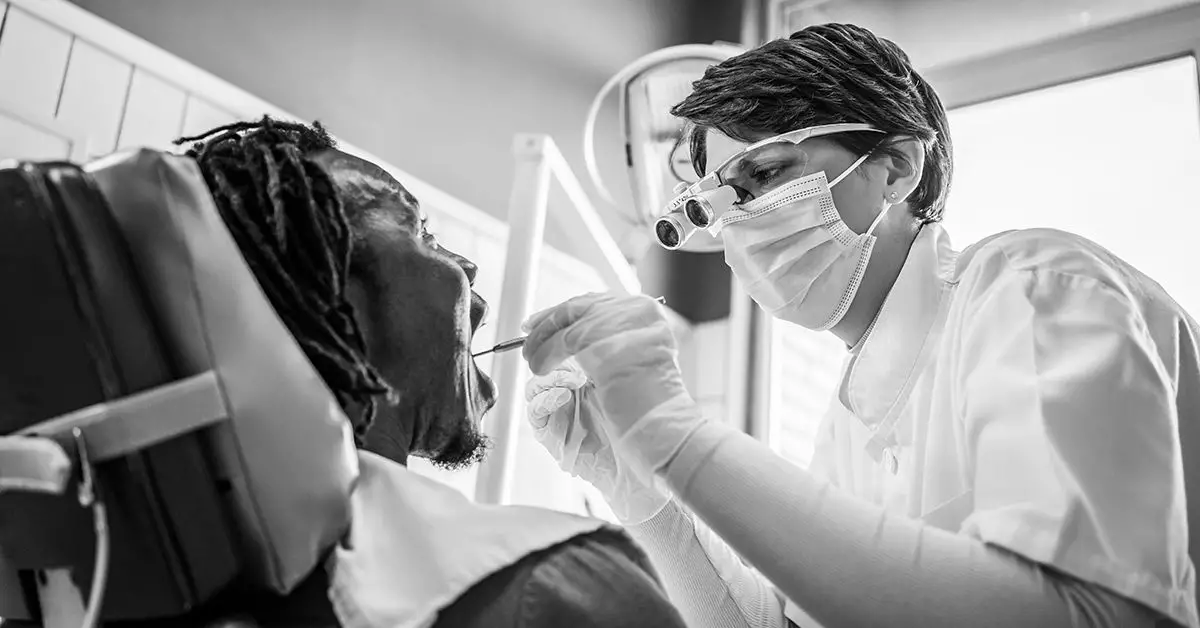In recent years, research has uncovered a concerning correlation between poor oral hygiene and an increased risk of certain cancers. While the exact mechanisms linking cavities, tooth loss, and cancer remain unclear, emerging studies suggest an undeniable relationship that demands further investigation. This article delves into the potential implications of oral health on cancer risk, explores the factors contributing to dental issues, and discusses preventive measures that can maintain both oral and overall health.
Dental cavities, commonly referred to as caries, develop when the enamel of the teeth is eroded by acids produced from bacteria feeding on sugars and starches. This decay, which manifests as small holes in the teeth, can lead to significant oral health issues if left untreated. The American Dental Association emphasizes that inadequately managed cavities can lead to tooth loss, which has been associated with an uptick in certain cancer diagnoses. In 2023, a meta-analysis revealed that individuals who experience tooth loss may have nearly double the risk of developing oral cancer, highlighting an urgent need for improved oral health awareness.
While the scientific community has not reached a consensus regarding the connection between tooth loss and cancer risk, several theories have been proposed. One prominent avenue of investigation is the role of inflammation. Chronic inflammation, often exacerbated by poor dental hygiene, may not only contribute to tooth decay but could also facilitate the development of malignant cells.
Moreover, dietary habits play a pivotal role in both dental and systemic health. A diet high in sugars and carbohydrates not only leads to cavities but is also linked with an increased risk of various types of cancer. The interplay between these dietary factors necessitates a comprehensive approach to understanding the consequences of poor nutrition on both oral and overall health.
The mouth serves as a habitat for countless microorganisms, and an imbalance in this microbial community due to tooth decay may lead to further complications. Bacterial infections, particularly in the context of periodontal disease, can contribute to systemic inflammation. This process may create a pathway through which these infections affect cancer progression, thereby linking oral health to broader health concerns.
The presence of cavities indicates a higher likelihood of bacterial growth and infection, which may heighten cancer risks as these microbial invaders influence the body’s inflammatory processes. Understanding the specific types of bacteria involved is critical in establishing a direct correlation between oral health and cancer risk.
Given the potential links between oral hygiene and cancer risk, adopting preventive measures is essential. The National Institutes of Health (NIH) recommends several strategies to curb the development of cavities, thereby safeguarding overall health:
1. **Regular Dental Visits**: Routine check-ups allow for early detection and management of dental issues, which can prevent cavities from escalating into more serious conditions.
2. **Fluoride Use**: Incorporating fluoride toothpaste and mouthwash into daily hygiene routines strengthens enamel and reduces the risk of decay.
3. **Healthy Diet**: Limiting sugary foods and drinks is crucial for maintaining dental health. Consuming a balanced diet rich in fruits and vegetables not only nourishes the body but also supports oral health.
4. **Hydration**: Drinking fluoridated tap water can significantly benefit oral health by enhancing enamel protection.
5. **Avoid Tobacco Products**: Smoking and tobacco use exacerbate oral health issues, including cavity rates and gum disease, and should be avoided for both dental and overall well-being.
It is crucial for individuals to recognize the signs of tooth decay and seek professional help when necessary. Symptoms such as toothaches, sensitivity, abscesses, and discoloration warrant a trip to the dentist. Furthermore, remaining vigilant about signs of head and neck cancers, such as persistent pain, unusual lumps, and sores that do not heal, is vital for early intervention and treatment.
The emerging correlation between poor oral health and increased cancer risk highlights a critical area of public health concern that requires further research and awareness. While the complexities of this relationship are not fully understood, it is clear that maintaining good oral hygiene and addressing dental issues can potentially mitigate cancer risks. By promoting preventive strategies and fostering good dietary habits, we can not only enhance oral health but also contribute positively to our overall well-being.

